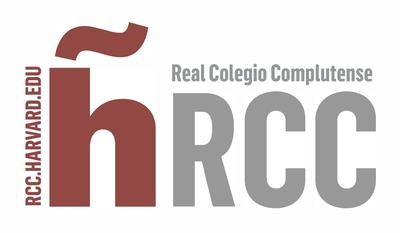Date:
Location:
The European Union is exposing the problems of contemporary European democracies and forcing us to rethink our very notion of democracy for the heightened interconnected context in which we live. The conventional notion of democracy as ‘delegation cum accountability’ no longer describes or justifies the ways in which decisions are democratically made both domestically and at EU level, and is therefore contributing to undermining the legitimacy of policy decisions and of the mechanisms that produce them. Reactions range from appeals for further moves towards EU-centered technocracy to claims for the repatriation of decision-making to nation-states that thus hope to regain their full sovereignty. I propose to reassess some of the fundamental traits of the contemporary notion of democracy, focusing on those democratic sinews which appear to be presently faltering. I will start from the analysis of the fault-lines of our conventional notion of democracy to propose democratic mechanisms that bear the promise of lending our democracies greater ‘haptic’ qualities, in particular the qualities of openness and dialogue across borders.
Speaker:
Simona Piattoni (BA/MA Economics, Bocconi, PhD Political Science, MIT) is Professor of Political Science at the University of Trento (Italy) and Adjunct Professor of Political Science at the University of Agder (Norway), having previously taught also at the universities of Tromsø (Norway) and Innsbruck (Austria). She has been Chair of the Executive Committee of the ECPR (European Consortium for Political Research, 2012-15) and is currently President of SISP (Società Italiana di Scienza Politica, 2015-18). Her research interests range from clientelism and corruption (Clientelism, Interests and Democratic Representation. The European Experience in Historical and Comparative Perspective, edited, CUP 2001) to multilevel and informal governance (Informal Governance in the European Union, edited with T. Christiansen, Edward Elgar 2003; The Theory of Multi-Level Governance, OUP 2010). Her more recent research has centered on the reconceptualization of democracy in interconnected settings (The European Union: Democratic Principles and Institutional Architectures in Times of Crisis, edited, OUP 2015; Shaping Policy from Below: The Committee of the Regions and European Democracy, with J. Schönlau, Edward Elgar 2015).
Chair: Serenella Sferza – Co-Director, MIT-Italy Program, MIT International Science and Technology Initiatives (MISTI); Local Affiliate, CES
Sponsors: RCC; Center for European Studies, Harvard University
